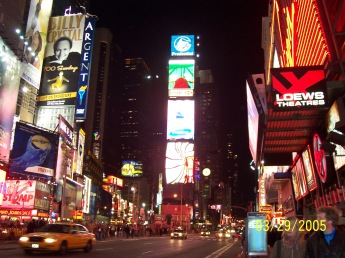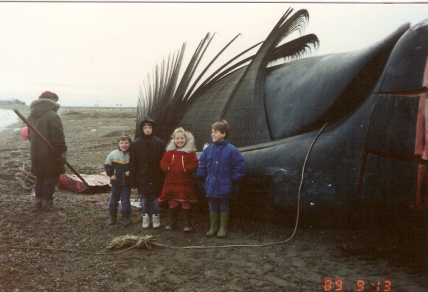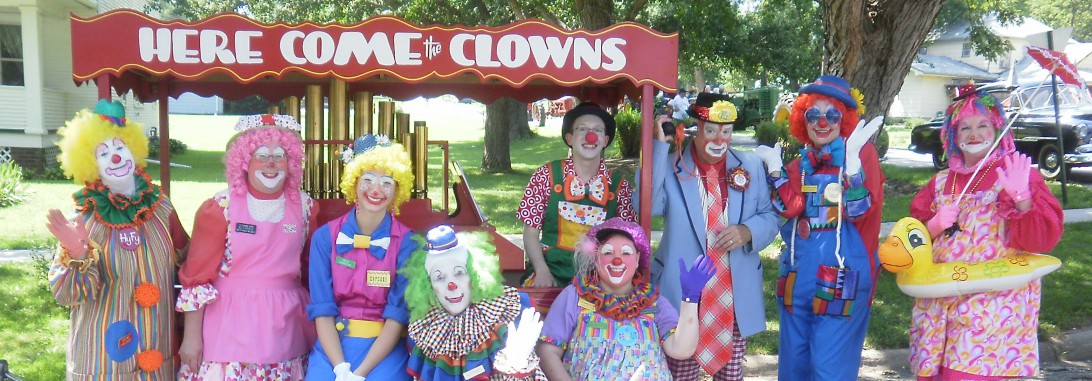Mirror, Mirror in my hand…
How many books become mirrors to our own understanding of the world? Do we prefer books that are mirrors, reflecting back to us our personal choices, or do we prefer windows that help us to connect to the world around us?
 The articles this week Mirrors, Windows, and Sliding Glass Doors by Rudine Sims Bishop, and Something Like an Open Letter to the Children’s Publishing Industry by Zetta Elliott, discuss the importance of a reader having access to books to which they can relate. One important point made by the authors is that all children “need books that will help them understand the multicultural nature of the world they live in, and their place as a member of just one group, as well as their connections to all other humans.” This is the definition of book as window to the world.
The articles this week Mirrors, Windows, and Sliding Glass Doors by Rudine Sims Bishop, and Something Like an Open Letter to the Children’s Publishing Industry by Zetta Elliott, discuss the importance of a reader having access to books to which they can relate. One important point made by the authors is that all children “need books that will help them understand the multicultural nature of the world they live in, and their place as a member of just one group, as well as their connections to all other humans.” This is the definition of book as window to the world.
Books that are written by authors of color allow all children to see other cultures, even within our own country, celebrate the differences and appreciate the similarities.
“From reading, for example, children can become aware of some of the many variations in the way English is spoken in this country, and the richness those variations add to the language.” (Mirrors, Windows, and Sliding Glass Doors)
 I have long held the belief that it would be very beneficial to American students if we had an “intranational” student exchange program as well as an international exchange program. It would be so educational, and possibly helpful to our understanding of each other, if we were to take Nebraskan children to New York, New Orleans or Oregon, to experience the area culture and lifestyle. Similarly, how beneficial it might be to children in Alaska, Miami or Connecticut to travel to Nebraska and Iowa for a little “corn-fed” experience. If we cannot have that in the physical sense, we could certainly promote it in the literary world, couldn’t we?
I have long held the belief that it would be very beneficial to American students if we had an “intranational” student exchange program as well as an international exchange program. It would be so educational, and possibly helpful to our understanding of each other, if we were to take Nebraskan children to New York, New Orleans or Oregon, to experience the area culture and lifestyle. Similarly, how beneficial it might be to children in Alaska, Miami or Connecticut to travel to Nebraska and Iowa for a little “corn-fed” experience. If we cannot have that in the physical sense, we could certainly promote it in the literary world, couldn’t we?
Such is the purpose behind promoting literature by authors of different ethnicities, cultures and backgrounds. These are authentic voices, and their authenticity “makes the characters believable and identifies them as members of a particular social group.” These “authentic voices” are what make a story become a mirror to some and a window to others. The magic comes when a book becomes both mirror and window to the reader, when they not only gain an understanding of themselves, but also the world around them.
 Mirror, mirror in my hand, can you help me understand?
Mirror, mirror in my hand, can you help me understand?

I love your title!!! Great post!
LikeLike
Isn’t that just what we’re talking about – a mirror to understand ourselves, and with any luck, connect to others as well.
When I was young, there used to be a morning show called “Romper Room.” At the end of the show, the hostess used to look through her “Magic Mirror” and name all the boys and girls she could “see” at home. This is the picture I have in my head when I talk about the mirror in our hand.
LikeLike
I used to love Romper Room and the ending of the show was the best part of the show. Thank you for your post it very thought provoking!
LikeLike
I had never thought of books as mirrors or windows prior to the article, so it was a light bulb for me!
LikeLike
This is such a great post. Books are a great way to get outside of ourselves and expand our view of the world. Thanks for your post about “authentic voices”!
LikeLike
Personal experience with “authentic voices” goes a long way toward understanding and expanding our world view! Readers would benefit greatly from having access to these authentic voices!
LikeLike